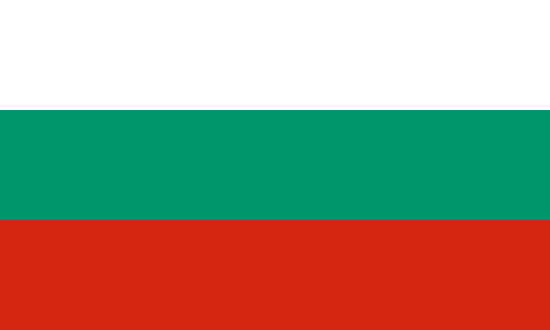
Health Insurance in Bulgaria, Europe
Information expatriation
Capital City: Sofia
Total area: 110,912 km2
Population: 7,640,238 (2007)
Money: Currency Converter
Time Zone: List of time zones by country
Calling Code: +359 XXX
Practical Information:
Wikepedia Bulgaria
Health Product: Travel Insurance and Health insurance
Health Insurance information and Sanitary Risk: World Health Map
BLOG: Expat Health insurance Information
Here is a brief description of the healthcare system in the country:
· Bulgaria has a universal healthcare system that guarantees access to basic healthcare services for all citizens and registered residents.
· The system is funded through general taxation, mandatory health insurance contributions, and direct patient payments. It covers both public and private provision of services.
· Primary care is the main entry point and is delivered through private general practitioners and polyclinics. Patients must register with a primary care doctor.
· Secondary care is provided by multi-profile hospitals in most districts. Tertiary care for complex issues is located in medical university hospitals in major cities.
· Both public and privately-owned providers operate across primary, secondary and tertiary levels. Public facilities tend to be well-equipped but understaffed.
· Standard coverage includes GP visits, basic dental care, hospitalization and essential medications. Additional private insurance provides coverage for optional services.
· Out-of-pocket costs still account for over 30% of expenditure despite universal coverage. Accessibility and quality of care varies between urban and rural areas.
Here are some key health considerations for expatriates living in the country:
· Registration - All foreigners staying longer than 90 days must obtain a registration certificate from the immigration authorities. This is necessary to access public healthcare.
· Insurance - While basic public healthcare is available, expats are strongly advised to have comprehensive private health insurance. Quality and availability of specialized care varies regionally.
· Language - In some rural clinics, medical staff may only speak Bulgarian. Learning some basic terms can help with communication. Bringing an interpreter can also assist when needed.
· Documentation - Keep medical records and vaccination history handy in English in case you need to see a specialist.
· Medications - Carry adequate supplies of any long-term prescription medications as availability of foreign brands varies in Bulgaria.
· Vaccinations - Make sure all routine vaccines like hepatitis A&B are up to date. Consider others like rabies or Japanese encephalitis depending on location in Bulgaria.
· Medical evacuation - Purchase insurance with coverage for emergency medical air transport to another country if advanced care is necessary.
· Rural access - Emergency response times can be slower in remote areas. Proximity to major cities is important for expat health planning.
